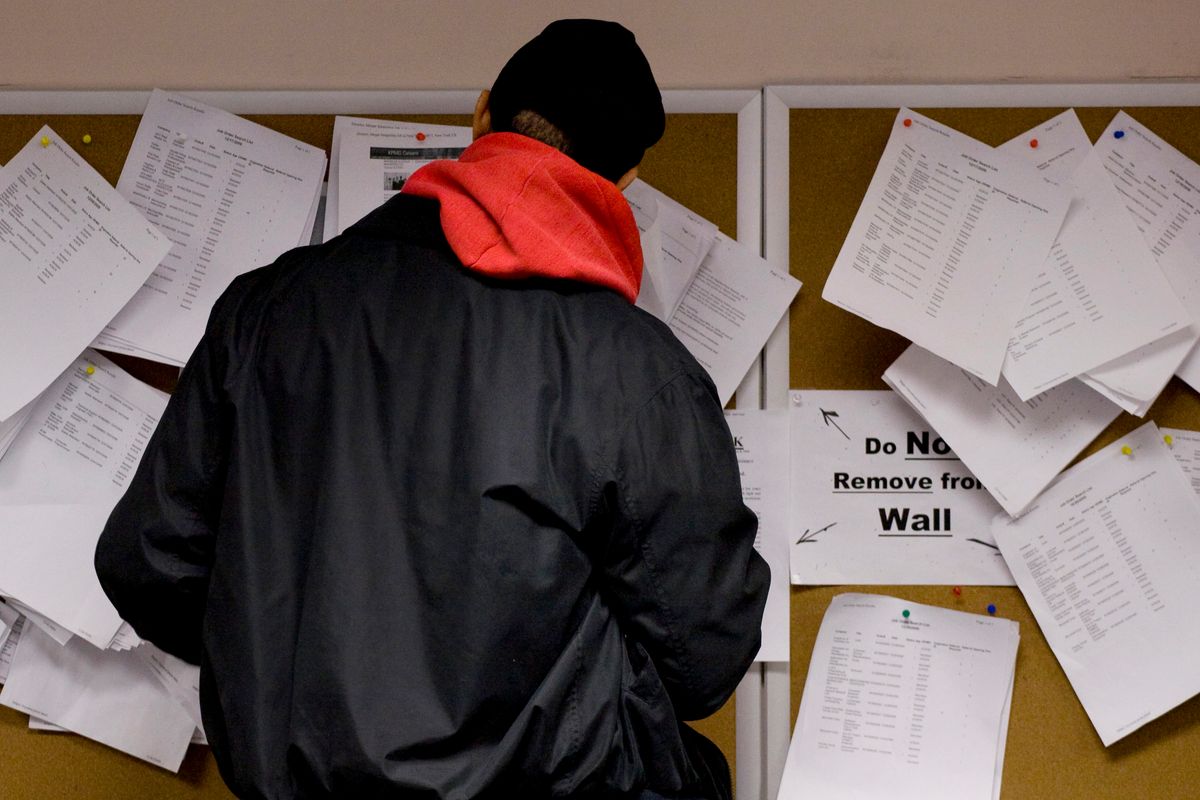Get ready for the bromides.
From the right: Just goes to show the country is against Democratic tax-and-spend. Barack Obama’s agenda is in ruins, heath-care is over, the GOP has a good chance of taking back Congress next November. Now, even congessional Democrats will move to the right.
From the left: Just goes to show Obama should never have cozied up to Wall Street, Big Pharma, and Big Insurance. He compromised too much. The Democratic base lost faith in him. The only answer is for Obama and congressional Dems to turn left.
Don’t believe any of it. Here’s what’s really going on. In Massachusetts, in New Jersey, all over the nation, voters are petrified of losing their jobs, their homes, and what’s left of their savings. Nothing counts more than the economy. Rightly or wrongly, presidents and the party in power are blamed when the economy is lousy. Voters fired Jimmy Carter in 1980 because the economy went south. They fired George Bush the first in 1992 because the economy was awful. They fired congressional Democrats in 1994 because the economy was still awful. And they’re in the process of firing Obama and the Democrats -- unless or until the economy turns around.
What happens next November depends both on the extent of joblessness and the direction the economy is moving in. The usual political rule is voters pay more attention to the latter. They’ll forgive even relatively high unemployment if they’re confident the economy is improving. But that old rule hasn’t been tested under conditions of extremely high unemployment. If next November one in five Americans is still unemployed or underemployed or working at lower pay than before the Great Recession, voters may not care that the economy is showing signs of improvement. They’ll vote the rascals out.
Yet when it comes to doing more about the jobs crisis, Obama and the Dems are in a box. The only sure-fire way to get jobs back is for them to do more deficit spending. After all, consumers are still in no mood to spend, businesses won’t invest without consumers to buy the fruits of such investments, and exports are still in the tank. Government remains the purchaser of last resort. (And for those of you still unconvinced, focus on the ratio of debt to GDP, and know that it won’t improve until the denominator of that equation -- the GDP -- starts growing quickly again, which won’t happen until there’s sufficient overall demand.)
But now, especially after the debacle in Massachusetts, there aren’t likely to be enough votes for more deficit spending. Blue-Dog Democrats will use the election results to argue for “fiscal responsibility” and join Republicans in exhuming Herbert Hoover. Which means no big jobs package. Which means, barring a miracle, continued high unemployment and underemployment. The economy will be doing better in November than it is today -- consumers have to replace cars and appliances that have worn out, companies have to replace inventories that have worn thin -- but not so much better that voters will breathe easier.
The Republicans won’t have easy sailing from here on, either. Brown’s victory has given more muscle to the tea-partiers -- the rag-tag group of angry no-nothings who are challenging mainstream Republicans in primaries all over the country. Tea partiers have almost as much contempt for the Republican establishment as they do for Democrats. Brown himself is no tea-partier; in fact, his record in Massachusetts is quite moderate. But the partiers will use him nonetheless. And if Republicans move to the right fringe, Democrats have more room to attract moderates and Independents.
What really worries me is a basic fact, borne out by history. Deep and continuing economic stresses bring out demagogues, xenophobes, racists, and opportunists who channel people’s fears and anxieties into resentments against other people. If this awful economy goes on much longer, the extreme right could meet the extreme left in a place called "I’m mad as hell and am not gonna take it any more," and form a third party that attracts everyone who feels disempowered and dumped on -- and who want to blame someone else for what’s happened to them. Then, watch out.

Shares